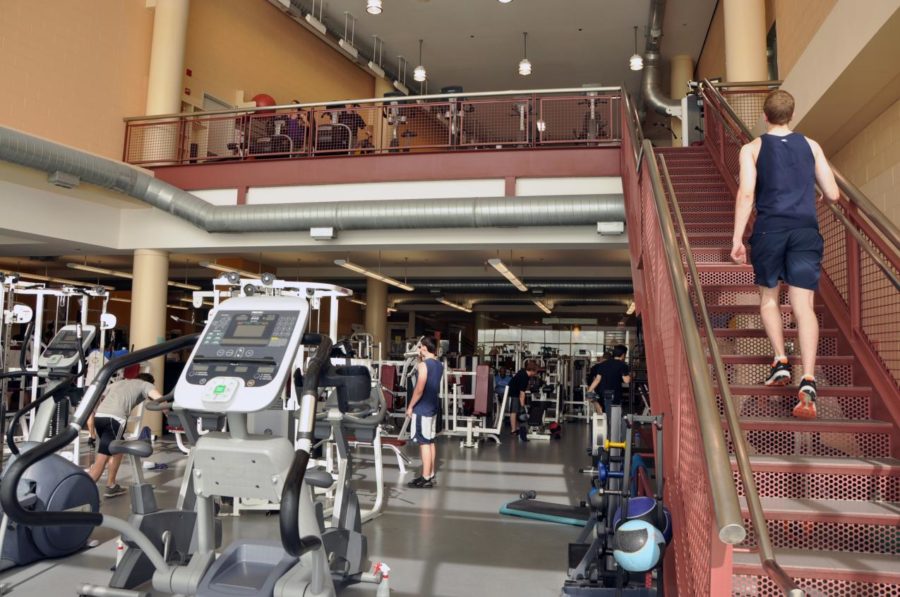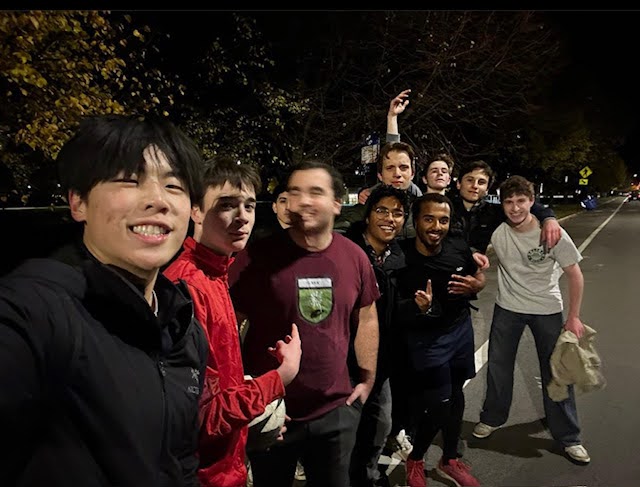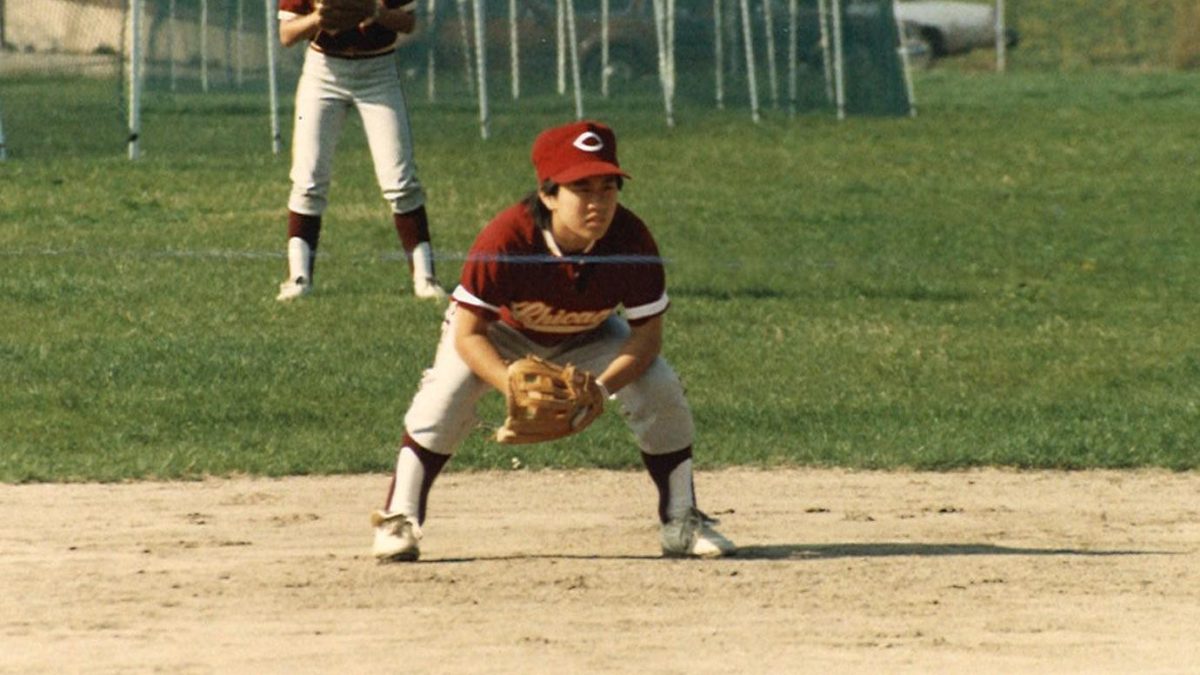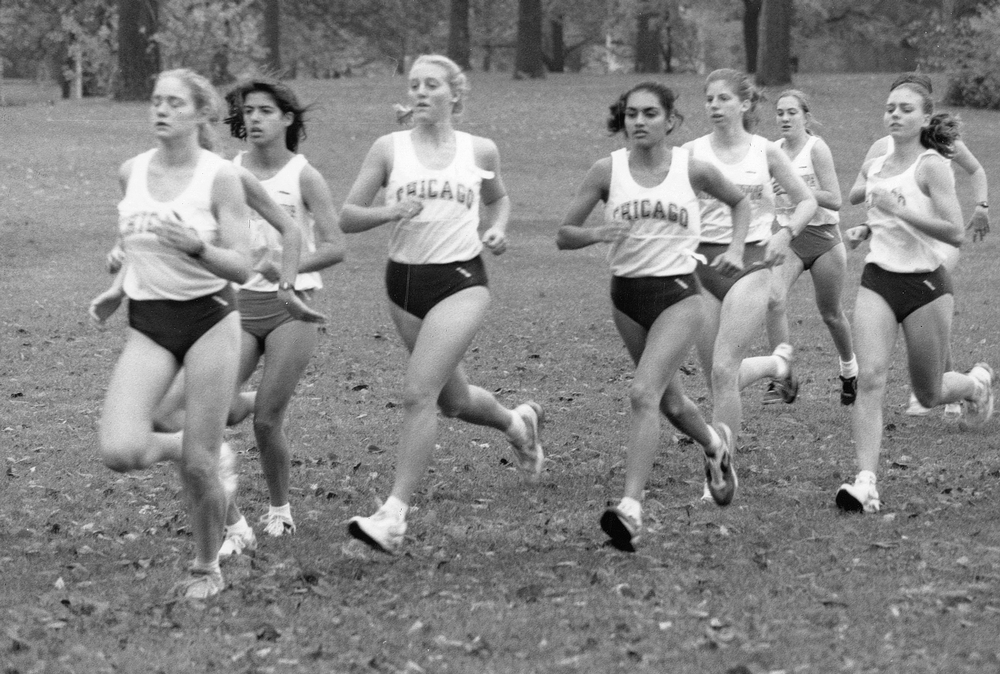In his younger and more vulnerable years, before the disrepute brought on by Self-Portrait, Street Legal, and Slow Train Coming dashed all his credibility as a timeless, or at least generational, sage, Bob Dylan uttered, “There’s no success like failure/And failure’s no success at all.” I’ve been turning these lyrics over in my mind ever since and find myself recalling them again today as I mull over the events of Stage 11 of the 2002 Tour de France, the first in the mountains, from Pau to the resort town La Mongie, near the peak of the Pyrenees’ Col D’Tourmalet. Joseba Beloki (ONCE), third overall the past two years, failed to win the stage, losing to USPS’s Lance Armstrong by seven seconds. He did, however, climb to second place in the general classification, seventy-two seconds behind the race’s new leader, Armstrong, thereby distinguishing himself as the chief challenger for the remainder of the trot to Paris.
Armstrong had extra incentive to win today, for halfway through the race, he had yet to win a stage. His first big chance came Monday in the 52km individual time trial from Lanester to the Breton port town of Lorient, which is apparently not without a certain rather deflated, depressed, and crapulent resemblance to, say, Duluth. Having not lost such a stage in any of his three prior Tour victories, Armstrong was the odds-on favorite; however, earlier in the season chinks in his mighty Texan rifle-laden armor had appeared, as the powerhouse Columbian Santiago Botero (Kelme) bested him at his own game in the Dauphine Libere. Monday was much the same. In what Velo News has called the closest Tour time trial since 1934, Botero edged out Armstrong by just eleven seconds, taking the stage with a heart-stopping, or rather, heart-racing pace of 50.08km/h. Twelve riders finished within two minutes of each other.
Though a disappointment, if only in reference to a perfect world, which is what Armstrong’s Tours have most resembled for the past three years, his performance in the individual time trial would have been sufficient to vault him into the lead, had he not, two days earlier, on Stage 7’s run-in to Avranches in Normandy, been caught behind a group of just-crashed riders. Given this delay’s proximity to the end of the stage, Armstrong, even with an excellently raced time trial and the help of his well-equipped team, was unable to make it back to the peleton and thus lost an additional twenty-seven seconds to race leader Igor Gonzalez de Galdeano (ONCE). Nevertheless, after Stage 9, Armstrong was solidly in second place, right behind de Galdeano, an unproven climber, and several minutes up on the mountain goats who make their living providing (ineffectively) Armstrong with a challenge on the Tour’s major climbs.
Today the tour entered the mountains for the first of seven days of major climbing. From the gateway-to-the-Pyrenees town of Pau, the riders traversed 158km and two major climbs, to the mountain top finish in La Mongie. But the real human drama unfolded prior to the race’s commencement. During the previous stage from Bazas to Pau, won by a French rider—the French ended up with the top three spots, after being shutout for the Tour, including Bastille Day—one of the cars in the publicity caravan hit and killed a ten year-old. Stricter precautions are now being enforced. But the Tour stops for no man (or child, apparently), and after a moment’s reflection, the riders were off.
The attacks came early and often as the peleton approached the day’s tallest climb, the 1709m Col D’aubisque. In all cycling races, the major mountains are categorized in one of four categories (4 through 1, in increasing degree of difficulty). A Category-1 climb is a major mountain. The Col D’aubisque, however, is referred to as an Hors Category climb (beyond or without category).
It was thirteen years ago, in the best Tour de France ever, that an up-and-coming star of Spanish cycling named Miguel Indurain caught and passed, on this very climb, the two leaders and went on to take his first stage victory in the race he would come to dominate. In those years, when cyclists could use their performance-enhancing drugs in peace and quiet, the stage contained two other devastating climbs, the beautiful Marie-Blanque and the Cam Basque. These days, to eliminate the seemingly necessary turn to such substances, the stage contains only two climbs. But fear not, tomorrow’s stage has three major climbs, including an Hors to the finish, and two mid-majors.
As is par for the course, the majority of the many attacks failed, and the only rider who could sustain his endeavor was the slyly august Laurent Jalabert, who had announced his retirement, effective at the end of the season, only two days earlier during the first of two rest days. Jalabert began his career in the early nineties as a dominant sprinter, then became a serious contender who never quite lived up to his potential in the mid-nineties, before finally taking last year’s King of the Mountains Jersey. His career has been long and remarkably varied and his presence at future tours will be missed. Upon the completion of the Col D’aubisque and the mere ripple that is the Col Du Soulor, Jalabert looked in good shape for a stage win with a lead fast approaching nearly 3:30.
However, Armstrong’s Spanish teammate and top man in the mountains, turncoat Roberta Heras, who struggled mightily on the Aubisque, had rejoined the Armstrong’s lead chase group of nearly seventy as the hoard began the final climb. Immediately Heras and Armstrong put the others in trouble—riding fast enough to stave off potential attacks while also driving lesser riders off the back, which they did in spades. The vast majority of top climbers, among them Richard Virenque, Oscar Sevilla, Santiago Botero, and Tyler Hamilton, all failed to match Heras and Armstrong’s pace. More importantly, race leader de Galdeano, who struggled all day, was finally dropped, finishing 1:54 down on Armstrong. Quickly, the now struggling Jalabert’s lead dwindled, as is usually the case after long breakaways, and he was caught and passed near the summit. The only rider who could match the boys from USPS was the ever-constant, if rarely stellar, Joseba Beloki. Never conceding an inch, Beloki fended off many of Heras’s minor attacks in the last two kilometers, and matched the two pedal stroke for pedal stroke until the finish, when Armstrong finally broke free, taking the stage by seven seconds and the race lead by a minute-twelve. Beloki is now in second (1:12 behind), de Galdeano is third (1:48), Raimondas Rumsas, still surprising everyone, is fourth (3:32), and disappointingly, as he can at times, though rather inconsistently, climb, Botero is now fifth (4:13).
And so ends the Tour de France. Short of one of the so-called “days without” or major crash/sickness, it is unlikely that Armstrong will relinquish his lead. He will only add to it. But think, for a moment, about what could have been. Three years ago turncoat Heras was a young star on the Spanish Kelme team, where he belongs. If he was still there, he would have spent the stage with Botero, Sevilla, and Beloki feverishly attacking Armstrong. Together, this potent mixture could perhaps have unseated, or at least threatened, the Smaug-like Texan. As it is, Armstrong has one of the race’s best climbers, and a likely top five or ten finisher, as his right hand man. Any weakness Armstrong may have in the mountains is thus almost certainly protected against. If only. If only Heras was on Kelme. If only. Then we would have what this stage certainly lacked, serious and repeated attacks from serious challengers on all of the day’s climbs. Sure, the Tour, while half over, has only just begun the mountains, but unless the climbers are willing to put it all on the line, including the possibility of a high finish, as Pantani has done in the past, Armstrong will remain unchallenged: all the better for his race, and all the worse for the fan’s. Dislike Heras if you must, though he’s still great, but listen to the voice in your head that is your conscience and root against Armstrong, at least for the sake of drama.







